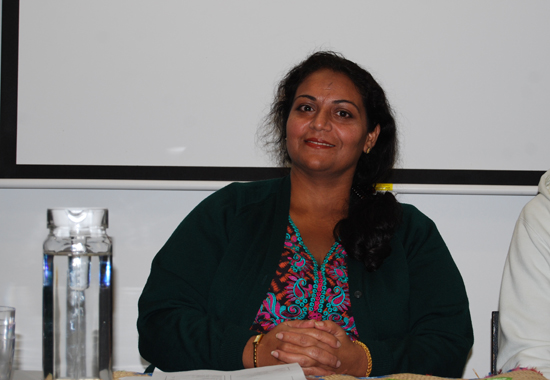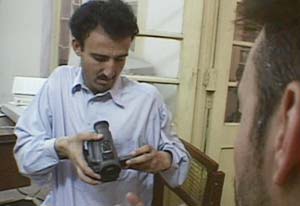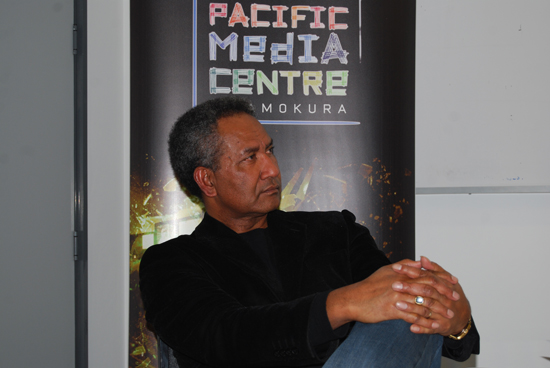
Mahvash Ali
AUCKLAND (Pacific Media Watch): New Zealand media must be careful not to take peace for granted, says a Pakistani media educator studying in the country.
“Pakistani journalists face moral dilemmas everyday in reporting the so-called 'war on terror',” says Ruskhsana Aslam, a doctoral candidate and former journalist at Auckland University of Technology.
“They have historical context and do amazing investigative journalism, yet find themselves asking, ‘Is this story worth my life?’”
Aslam says journalists are regularly killed on duty, arrested, abducted, threatened and harassed for “doing their job”.
 She cites the example of Hayat Ullah Khan who photographed a piece of a US-made missile that hit North Wazirstan in 2005.
She cites the example of Hayat Ullah Khan who photographed a piece of a US-made missile that hit North Wazirstan in 2005.
Khan was abducted the next day and his body dumped in a busy market six months later.
Aslam says New Zealand is a peaceful country, but that does not mean media should take “peace for granted”.
'Less apathy'
There is a need to be more proactive and less “apathetic”, she says.
Aslam, who is researching peace journalism, joined a panel of three other speakers at a seminar organised by the AUT Pacific Media Centre to discuss the “rhetoric and reality” behind media freedom to mark Press Freedom Day.
Iulia Leilua, chair of the Pacific Islands Media Association, who was also on the panel, says Pacific reporters face different kinds of barriers.
“It’s true that we don’t get gunned down here for doing our jobs as reporters, but Pacific media still face cultural, social and political impediments in our work.”
Leilua says New Zealand’s media needs to focus on investigative journalism to be more proactive.
“In 2010, New Zealand’s media freedom ranking dropped down five places from number eight to number 13 according to a survey done by Reporters Without Borders,” says Leilua.
Contributing factors were police searches of newsrooms for the so-called “teapot tape”, the proposed search and surveillance law and banning the New Zealand Herald from the parliamentary gallery after a reporter took an unsanctioned photo in Parliament.
'Historical context'
Professor Crosbie Walsh, a blogger and academic from the University of the South Pacific, was also on the panel.
Understanding “historical context” is important for journalists reporting on the Pacific region he says.
Quoting the example of Fiji he said it was important to understand the circumstances surrounding Commodore Voreqe Bainimarama’s regime.
There was no “single reality” and journalists should avoid adopting a “goodies and baddies” approach to reporting on Fiji.
Journalists had “over-used” emotion in their reporting and that had resulted in misinformation about the Pacific region.
The panel was chaired by Auckland University research fellow Dr Steven Ratuva who is also on the editorial board of the Pacific Media Centre's Pacific Journalism Review.
Mahvash Ali is a Postgraduate Diploma in Communication Studies student journalist at Auckland University of Technology.

This work is licensed under a Creative Commons Attribution-NonCommercial 3.0 New Zealand Licence.




